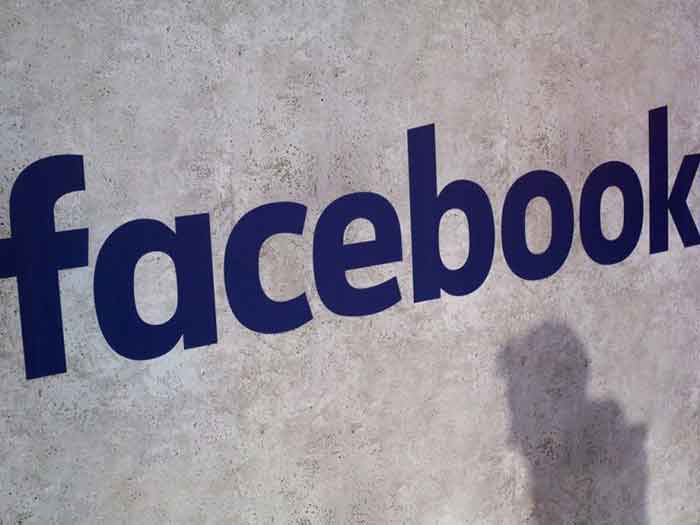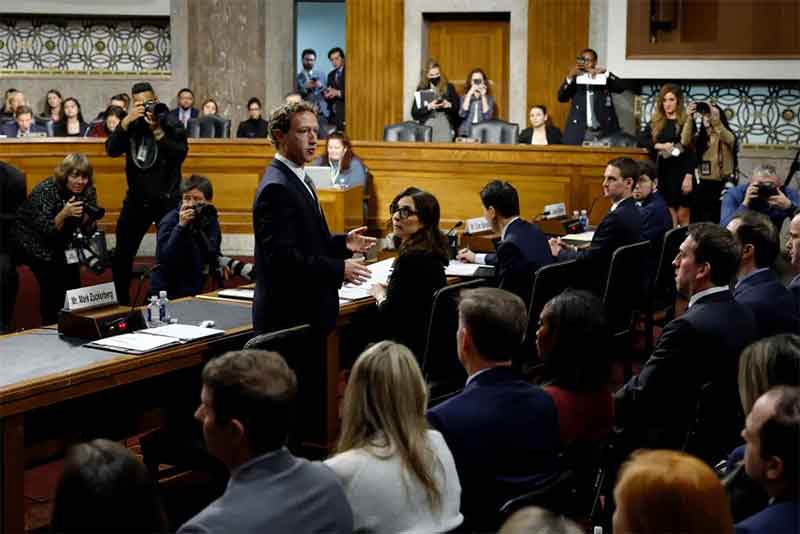
Social Media Day, celebrated annually on June 30th, However, it just went unrecognized even among the people who frequently use these platforms. Social media recognizes the power and influence of social media in connecting people and shaping the modern world. While these platforms have revolutionized communication and provided unprecedented opportunities for sharing information, they have also faced challenges, particularly the spread of fake news. On this occasion, we celebrate the efforts made to combat misinformation and explore the measures taken to promote authenticity and accuracy on social media platforms.
The Rise of Social Media:
Social media platforms, such as Facebook, Twitter, Instagram, and YouTube, have transformed the way we communicate, share ideas, and connect with others. They have become integral parts of our lives, offering instant access to news, entertainment, and personal interactions. With billions of users worldwide, social media platforms have become powerful tools for disseminating information, driving social movements, and shaping public opinion.
According to hootsuite.com, internet users have grown by 7.6% in the past year, reaching 4.72 billion, which is over 60% of the world’s population. Over half a billion new users joined social media platforms in a year, bringing the total to 4.33 billion as of April 2021. In India, there are 448 million social media users as of January 2021, with an increase of 78 million (+21%) between 2020 and 2021. The most used apps in India are WhatsApp, YouTube, Facebook, Instagram, and Twitter. Social media user statistics in India, as per the Bar and Bench report:
-
WhatsApp: 53 crore
-
YouTube: 44.8 crore
-
Facebook: 41 crore
-
Instagram: 21 crore
-
Twitter: 1.75 crore
The Threat of Fake News
Alongside the benefits, the rise of social media has also amplified the spread of fake news. Fake news refers to false or misleading information presented as factual news. These fabricated stories often aim to deceive, manipulate, or influence public opinion for various reasons, including political agendas, financial gain, or spreading misinformation for personal amusement. The rapid and widespread nature of social media makes it an ideal breeding ground for the dissemination of fake news.
Impacts of Fake News:
The proliferation of fake news poses significant threats to individuals, societies, and democratic processes. Misinformation can lead to misguided beliefs, polarization, and erosion of trust in institutions. It can sway public opinion, influence elections, and exacerbate social divisions. Additionally, false information related to health, science, and emergencies can have dire consequences, affecting public health and safety.
Tackling Fake News: Collaborative Efforts:
Recognizing the harmful effects of fake news, various stakeholders, including social media platforms, governments, fact-checking organizations, and users, have collaborated to mitigate its impact. The following are key measures taken to tame fake news on social media platforms:
Fact-Checking Initiatives:
Social media platforms have partnered with independent fact-checking organizations to flag and debunk false information. These organizations play a crucial role in evaluating the accuracy of news stories, images, and videos circulating on social media. When a piece of content is identified as potentially false, warnings or labels are attached, informing users about the disputed nature of the information.
Algorithmic Changes:
Social media platforms have adjusted their algorithms to prioritize reliable and trustworthy sources of information. By promoting reputable news outlets and suppressing content from dubious sources, platforms aim to reduce the visibility of fake news. Additionally, efforts are made to provide users with personalized content that aligns with their interests while minimizing the spread of misinformation.
User Reporting:
Users are encouraged to report suspicious or false content they come across on social media platforms. This allows platforms to review and take appropriate action against misleading information. By empowering users to be vigilant and participate in identifying fake news, the collective effort in combating misinformation is strengthened.
Promoting Digital Literacy:
Educating users about media literacy and critical thinking skills is crucial in tackling fake news. Social media platforms have implemented initiatives to promote digital literacy, providing users with tools and resources to discern between reliable and unreliable information. By enhancing users’ abilities to evaluate sources, fact-check claims, and identify manipulative techniques, they become better equipped to navigate the online information landscape.
Collaborative Partnerships:
Social media platforms have established partnerships with academic institutions, NGOs, and industry experts to study and combat fake news. Through research, collaborations, and shared insights, these partnerships contribute to the development of effective strategies and technological solutions to address the challenges posed by misinformation.
Transparency and Policy Changes:
Platforms have increased transparency by providing clearer guidelines and policies to address the spread of fake news. They have improved community standards and terms of service, explicitly outlining what constitutes misinformation and the consequences for violators. Regular updates and public reports on enforcement actions demonstrate a commitment to combating fake news and maintaining platform integrity.
Celebrating Progress and Future Challenges:
Social Media Day serves as an opportunity to celebrate the progress made in taming fake news on these platforms. The collaborative efforts between platforms, users, fact-checkers, and other stakeholders have yielded positive results. However, challenges still persist, requiring ongoing dedication and innovative solutions. Some of the key challenges include:
Speed versus Accuracy:
The rapid dissemination of information on social media presents challenges in ensuring accuracy. Balancing the need for timely updates with fact-checking and verification processes remains a significant challenge. Striking the right balance between speed and accuracy is essential in curbing the spread of fake news effectively.
Algorithmic Bias and Echo Chambers:
While algorithmic changes aim to combat fake news, they can inadvertently contribute to the creation of echo chambers, where users are exposed to a limited range of perspectives. Algorithmic bias can reinforce pre-existing beliefs and hinder the exposure to diverse viewpoints. Addressing these biases and designing algorithms that prioritize accuracy while promoting diversity of information remains a challenge.
Evolving Techniques of Misinformation:
Those spreading fake news continually adapt their techniques to bypass fact-checking measures. From deepfakes to manipulated images and sophisticated disinformation campaigns, the evolving nature of misinformation demands ongoing vigilance and innovation in detection and response strategies.
User Responsibility and Media Literacy:
While platforms and institutions play a significant role in combating fake news, individual users also bear responsibility. Promoting media literacy, critical thinking, and responsible sharing of information is crucial to curbing the spread of misinformation. Encouraging users to verify information before sharing and be mindful of the potential consequences of spreading false information are vital aspects of fostering an informed and responsible online community.
Wrapping up
Social Media Day provides an opportunity to recognize the efforts made to combat fake news on these influential platforms. By promoting fact-checking initiatives, algorithmic changes, user reporting, digital literacy, collaborative partnerships, transparency, and policy changes, significant strides have been made in taming fake news. However, challenges remain, demanding continuous innovation, collective responsibility, and a commitment to upholding the integrity of information shared on social media platforms. By celebrating this day, we acknowledge the progress made and reaffirm our dedication to fostering a more authentic, accurate, and responsible social media environment.
Ziya is Digital Head at a leading Digital Marketing Agency in Nagpur and is also a co-founder of TruthScape, a group of digital activists who are involved in fighting disinformation















































